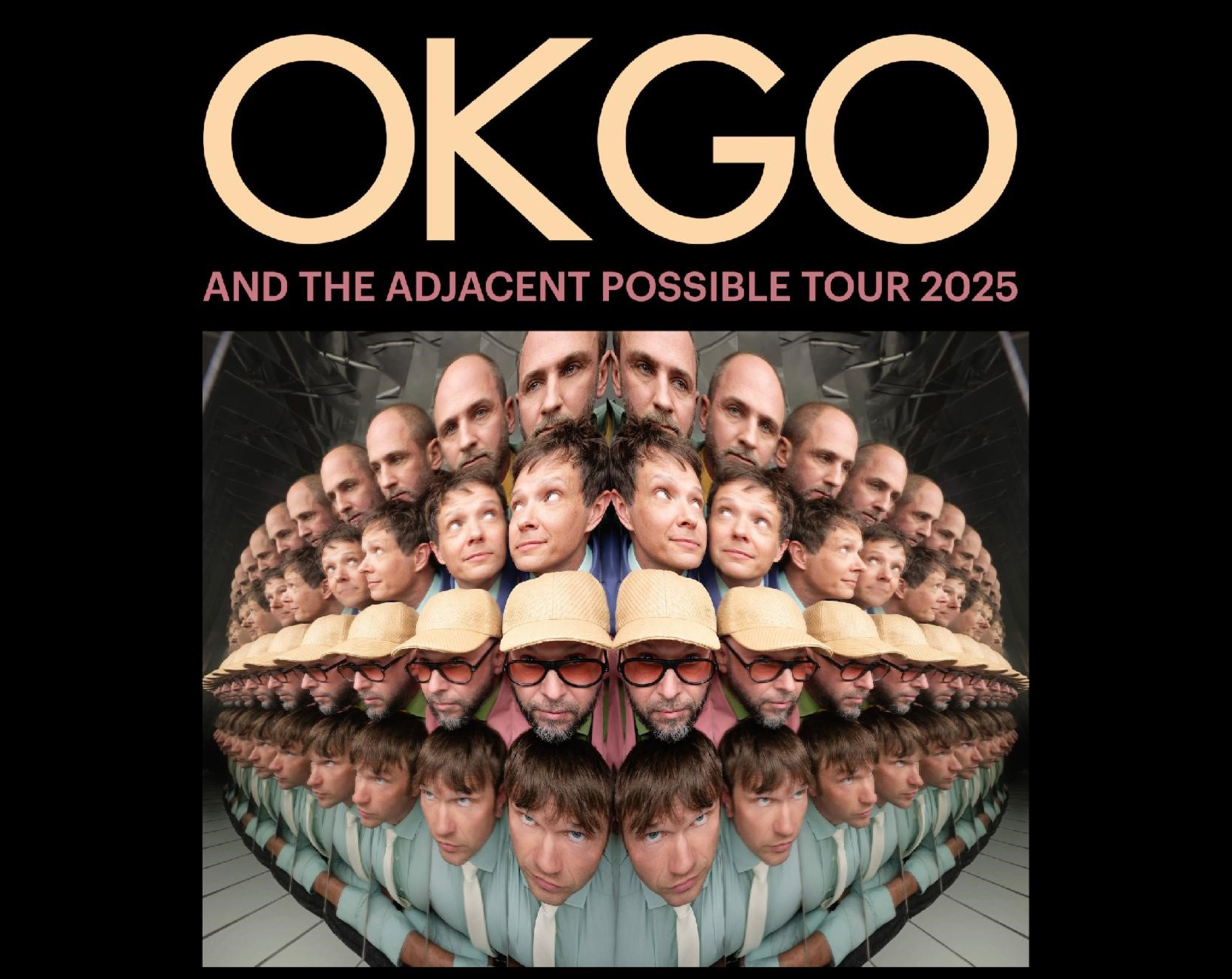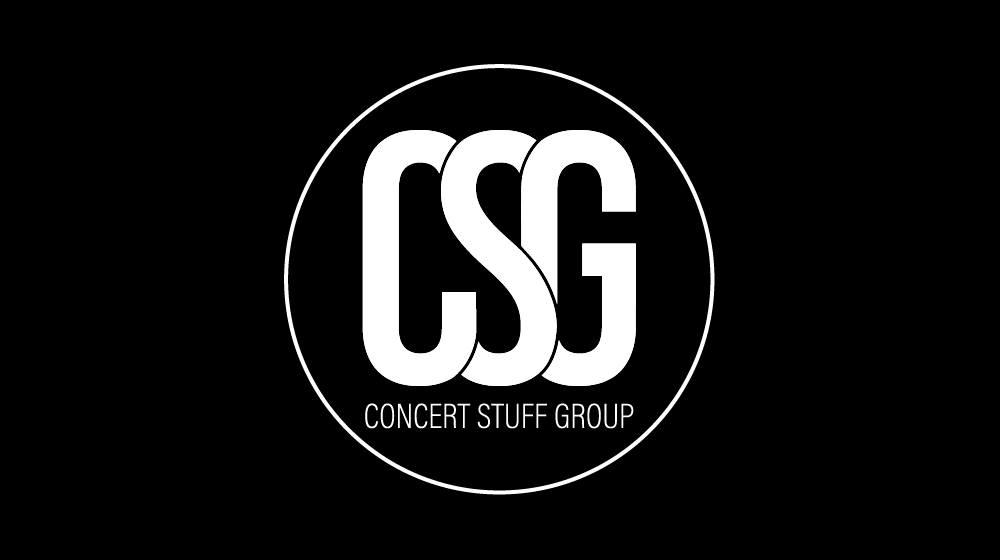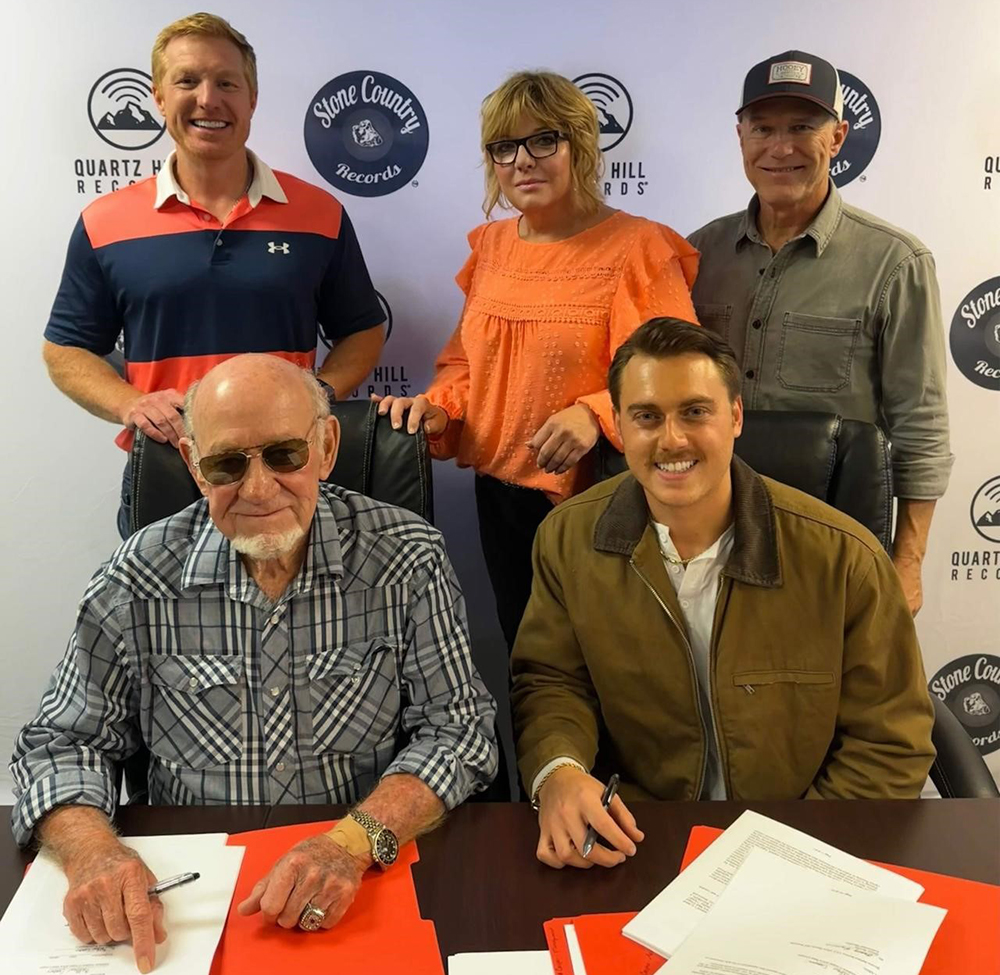
1. Solve a problem.
The world does not need more me-too music, it needs a different sound that enraptures people. The problem we have in the music industry is we're playing to niches, not everybody, and music when done right is for everybody, or almost everybody, there will always be naysayers.
2. Appeal to the people.
They are your greatest strength. And the internet allows you to go straight to them. If you're appealing to middlemen, you're positively old school.
3. Mass is everything.
The reason Uber could break regulations was by rallying its user base, which loved the service. Once the Uber leaders impressed upon lawmakers that their choice was between satiating entrenched interests, the taxi industry, and the public, and that their duty was to the latter, the lawmakers always backed down. If you want to change the course of music history you must have the users on your side. This was first demonstrated with Napster. The public LOVED it! The labels and acts kept pooh-poohing it, not acknowledging who their true customer was. You need to get people on your side and you need to do it yourself to control your messaging.
4. Ignore the rules.
This is a tough one. They teach you to obey, that's the message taught in school, and in most homes to boot. But as Yvon Chouinard says in the "How I Built This" podcast, if you want to be successful study juvenile delinquents, who reject the system and do it their way. Hell, that podcast is littered with people who own 100% of their business, like Sara Blakely of Spanx, disobeying the supposed rule that you've got to sell out to make it, when the truth is those who are in control continue to triumph. And they abhor MBAs. There are two strains of people in this world, those who jump through hoops and those who ignore the hoops. Most of the innovation comes from the latter.
5. Accelerators work.
That's Y Combinator in tech, in music…
Actually, we have songwriter camps, there are competitions to place songs on albums by stars. But we could mentor and encourage talent with the hopes that they would create breakthroughs, but really we just want the same damn thing over and over again. Have you noticed there hasn't been a new sound in fifteen years? Used to be hair bands were killed by grunge and…this doesn't happen anymore. People clamor for the new, and they would in music too, if they just got the option.
6. Disruption works.
Not only with Napster, but "American Idol." And the reason "The Voice" has minted no stars is because it's a me-too product. "American Idol" built stars, name recognition, and then these "talents" were married to A level songwriters. Applaud the success of AI, see it as a beacon, its creators thought outside the box. The spoils always go to those who think different.
7. Rising prices inspire creators.
More Uber drivers hit the road when there is surge pricing. The more concert ticket prices go up, the more talented people will want to become musicians. Think about that, it's basic economics. Until we can inspire the best and the brightest to become performers, we will be in a backwater.
8. Advice, not control.
This is what has screwed up music for twenty five years, the execs think that they are the stars, they are the talent, when the truth is they should aid the performers in midwifing their music, but that's it. The more execs say no to talent the worse the music gets. Talent is in charge of its career, not the handlers. Only talent knows what truly resonates.
9. Mistakes are gonna be made.
When did the music industry become so safe? You have to take risks, take chances, then you might stumble upon a breakthrough. People forget your mistakes these days…
10. Not everybody is paying attention.
A woman died from carbon monoxide poisoning in an Airbnb in Asia. Most people in America didn't know. That's tragic, but the point is when you're at the center of the storm you lose perspective, you think everybody sees that tweet, everybody knows what happens to you 24/7, this is patently untrue.
11. You can recover.
One false move and…
You apologize and change direction.
12. The pivot.
If people aren't buying what you're doing, change it. Don't get married to the sound you're making, be willing to turn on a dime. Kinda like Uber. Which was in the black car business but only switched to citizen drivers after Lyft and Sidecar opened the door.
13. Go through the holes.
That's right, Uber was against citizen drivers until the company was for it, after Lyft and Sidecar proved its legality.
14. Success is followed by imitators.
KaZaA after Napster, you've got to keep improving your product.
15. It's a worldwide business.
America is a small piece of the pie, if you're not thinking globally you're not only missing out on revenue, you will be eclipsed by those who are.
"The Upstarts: How Uber, Airbnb, and the Killer Companies of the New Silicon Valley Are Changing the World": http://amzn.to/2iuK36V.



























































